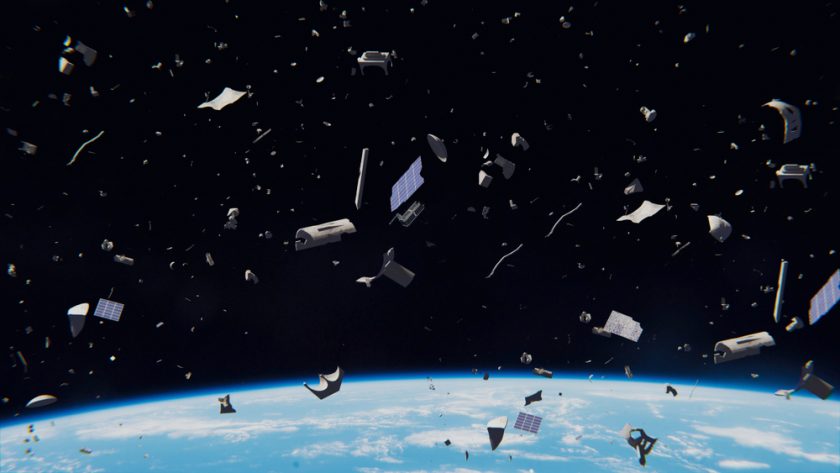The US National Space Council will soon release a plan to distribute the regulation of non-traditional space activities, such as on-orbit servicing, to federal agencies to enable commercial industry to reduce the responsibility on the Pentagon according to an article published by Breaking Defense.
According to the article:
“The ongoing White House-level review of what is often called “mission authorization and supervision” responsibilities has not been simple, according to several government officials involved, with the key agencies with current legal say over space regulations jockeying for a piece of the regulatory pie. In particular, these sources say, there is an ongoing spat between the Transportation and Commerce Departments over licensing authority for space operations that could be considered as “transportation” — such as delivering cargo with rockets — with the discord stalemating the interagency discussions for a number of weeks.
“DoT oversees the Federal Aviation Administration (FAA) that regulates launch and landing of spacecraft with an eye towards the safety of people on the ground, as well as for aircraft. Commerce oversees the National Oceanic and Atmospheric Administration (NOAA) that licenses commercial remote sensing firms.
“While the Obama administration had been eyeing the FAA as the regulator of “novel” space activities, the Trump administration’s 2018 Space Policy Directive-3 essentially laid the groundwork to establish Commerce as a one-stop-shop for most, if not all, non-traditional space operations. However, internal bureaucratic wrangling at NOAA, and a sceptical Congress blocked any real progress toward that goal.
According to Breaking Defense, “Commercial firms already are pressing ahead with plans to undertake a number of missions that fall in-between the agency cracks. These include on-orbit refueling and repair, removing dangerous space junk from orbits where satellites live, in-space manufacturing, mining the Moon and asteroids, and even commercial space stations with human crews.
“The Defense Department is interested in a number of these new types of missions, such as point-to-point delivery of goods (and maybe even troops) through space, which the Air Force Research Laboratory and US Transportation Command are exploring under the Rocket Cargo project. Further, Space Command is keen on on-orbit refueling that could provide “mobility” in space and allow Space Force satellites to maneuver rapidly and more often to better keep tabs on potential on-orbit threats, hide from adversary spacecraft, avoid counterspace weapons, and even hunt down and disable enemy satellites and spacecraft,” says Breaking Defense.
(Image: Shutterstock)
For more information:
www.breakingdefense.com




